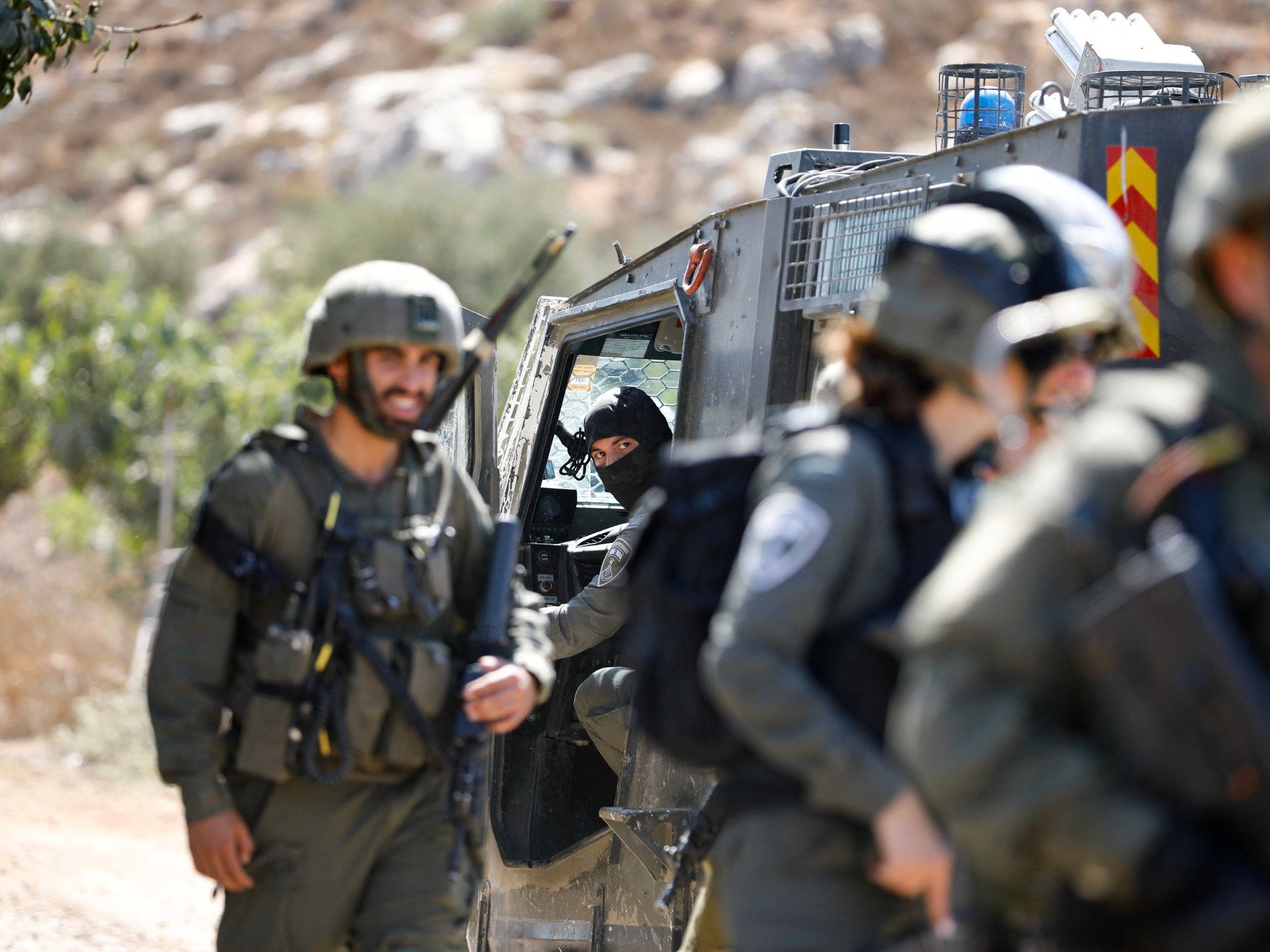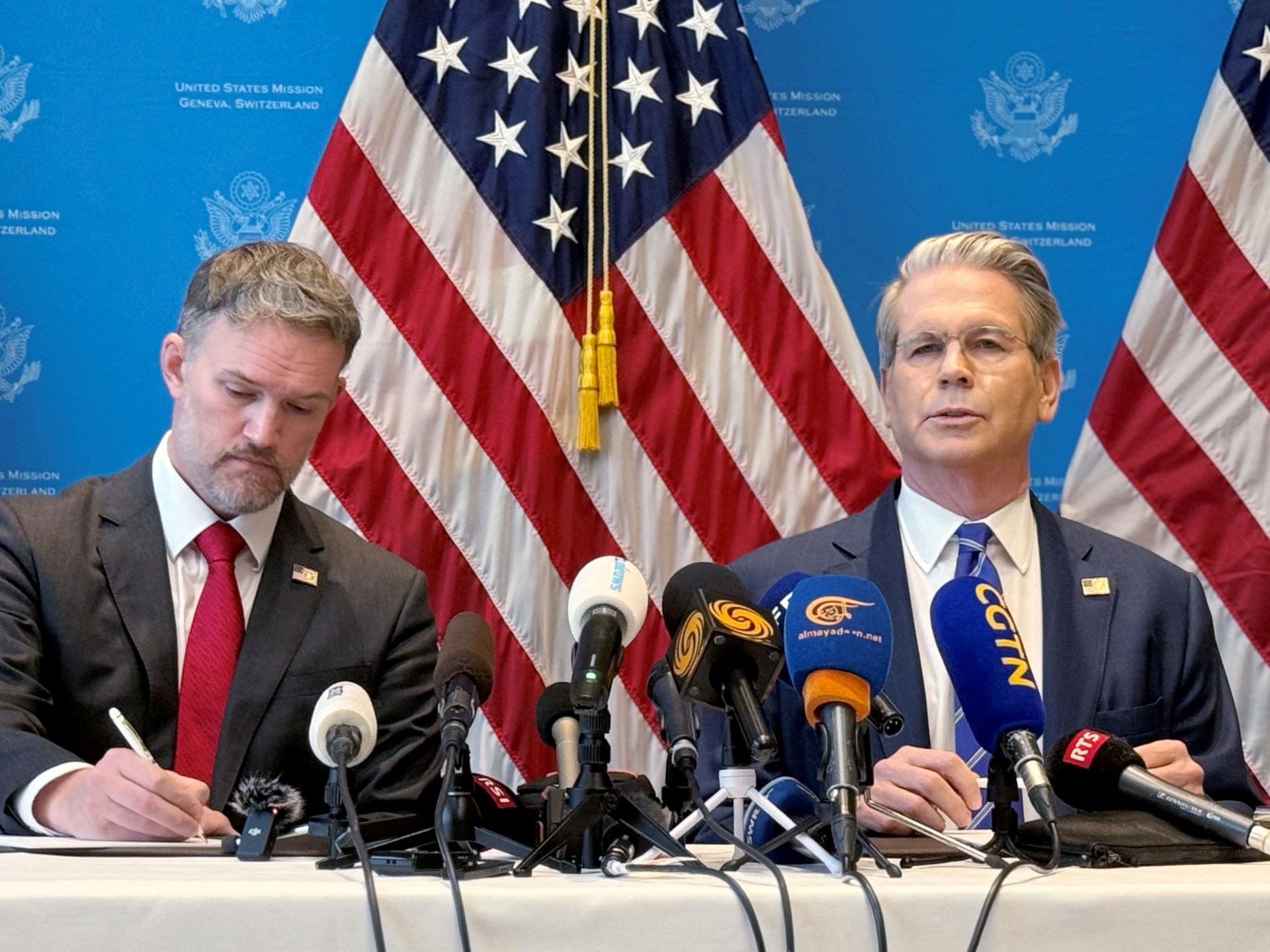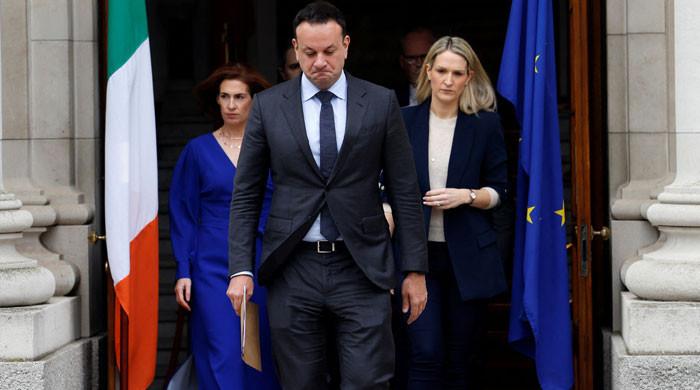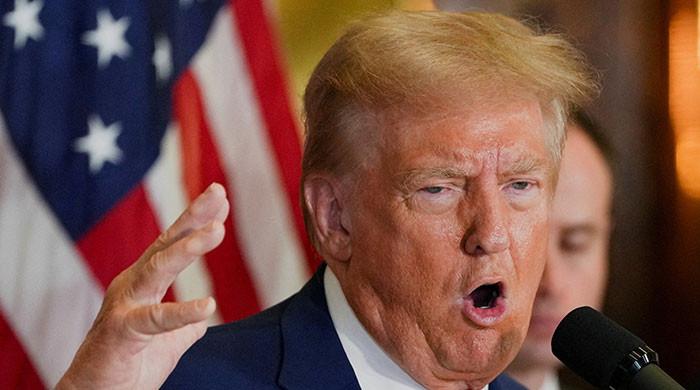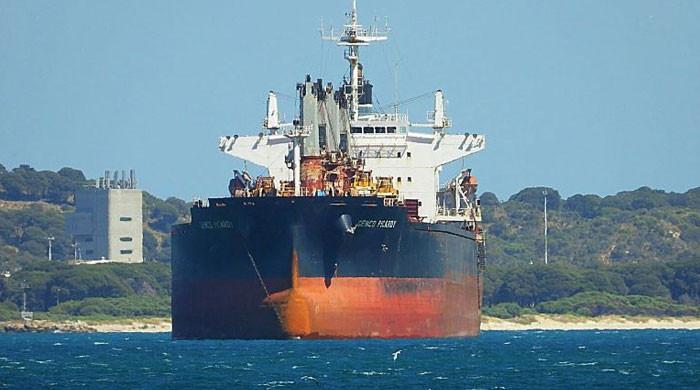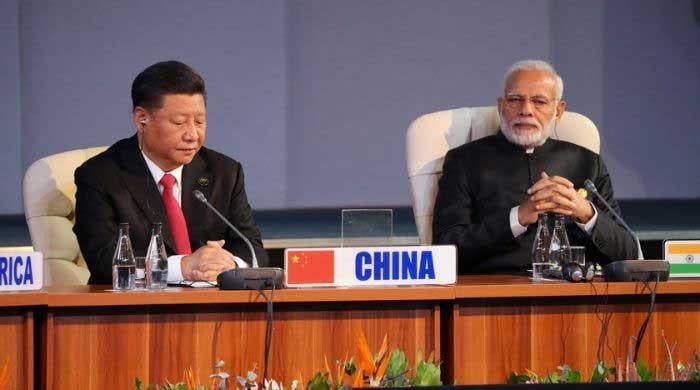In the occupied West Bank, the war in Gaza has provided cover for continued Israeli violence and expansion.
On Wednesday, Israel’s far-right Finance Minister Bezalel Smotrich announced new plans to expand settlements in the occupied Palestinian territory, ignoring international law and the International Court of Justice’s recent ruling that Israel’s continued presence there is illegal.
“No anti-Israel or anti-Zionist decision will stop the development of the settlement,” said Smotrich, who leads the Religious Zionist Party and is a settler.
“We will continue to fight against the dangerous idea of a Palestinian state. This is my life’s mission,” he continued on the same day that the Israeli army invaded the West Bank cities of Hebron and Nablus.
In addition, Israel has been expanding illegal settlements in the occupied West Bank, despite repeated international condemnation.
Analysts told Al Jazeera that these actions are part of a broader plan by Israel to annex and ethnically cleanse a region it has been militarily occupying since 1967.
Consolidating the occupation
“Israel has been pursuing a maximalist policy of expansion in the West Bank for decades, but different governing coalitions have approached the same goals with different tactics,” Tariq Kenney-Shawa, a policy researcher at the Palestinian think tank Al-Shabaka, told Al-Jazeera.
“What we are seeing now with Israel’s far-right ruling coalition is rather an accelerationist approach that aims to formalize what has for so long been a de facto reality on the ground.”
That process has intensified since Oct. 7, when a Hamas-led attack on Israel killed some 1,139 people and about 250 others were taken captive, analysts said.
Israel's response was brutal: a sustained bombardment of Gaza that has killed more than 40,000 people, with many more expected to die from other consequences of the war even if the fighting were to cease immediately.
Ceasefire talks have not stopped the violence, which follows a familiar pattern for Israelis.
In that time, Israel has killed more than 630 Palestinians in the occupied West Bank, the most recent death occurring overnight Friday when masked settlers rampaged through Palestinian towns, attacking people and setting fire to property.
Before the current war in Gaza, military incursions and near-daily settler attacks against Palestinians in 2023 made it the deadliest year for Palestinians in the West Bank since 2005, the year the United Nations Office for the Coordination of Humanitarian Affairs (OCHA) began recording casualties.
“There has been a real escalation since October because settler violence is always backed and covered up by the military and it has skyrocketed,” said Ori Goldberg, an Israeli political commentator.
“It is inevitable that this will get much worse”
Continued Israeli actions in the occupied West Bank are a sign of continued ethnic cleansing or even possible outright annexation.
“We are very close to hitting rock bottom,” Goldberg said, describing possible scenarios including “complete annexation” and “all-out war.”
While analysts say Israel's expansionist policies have existed even under more liberal-leaning governments, they point out that far-right elements in the current administration of Prime Minister Benjamin Netanyahu are taking advantage of the war in Gaza to push their agenda.
“Israel has been exploiting the ongoing war in Gaza to settle old colonial scores in the West Bank by imposing sovereignty, annexing Area C and legitimizing settlements, ultimately leading to the expulsion and displacement of Palestinians, a goal of the religious settler coalition,” Ihab Maharmeh, a researcher at the Arab Center for Research and Policy Studies in Doha, told Al Jazeera.
Area C is a division of the West Bank stipulated in the 1993 Oslo Accords, which were seen as a path to a Palestinian state. Areas A and B are inhabited solely by Palestinians, while Area C is entirely under Israeli security control.
Effect of sanctions
Israel's settlement expansion in the occupied West Bank is regularly criticized by the international community, including the country's main sponsor and ally, the United States.
“It has long been U.S. policy, under both Republican and Democratic administrations, that new settlements are counterproductive to achieving lasting peace,” U.S. Secretary of State Antony Blinken told reporters in February.
“Furthermore, they are incompatible with international law. Our government remains firmly opposed to settlement expansion, and in our view, this only weakens – not strengthens – Israel’s security.”
But in practice, the United States does little to deter Israel's illegal settlement policies, which are supported by most political sectors in the country.
In fact, the United States moved its embassy to West Jerusalem, despite Israel's continued illegal occupation of the eastern half of the city, in 2018.
The following year, the United States recognized Israel's illegal annexation of the Golan Heights, an occupied Syrian territory. Both measures occurred during the administration of former US President Donald Trump, but were not revoked during the administration of President Joe Biden.
In July, the United States sanctioned three individual settlers and five entities over violence in the occupied West Bank. However, that has not been enough to deter the Israeli state from supporting the settlers: Palestinians claim that the Israeli military actively supports and defends settler actions at times.
The current government, which includes Smotrich and another far-right settler, National Security Minister Itamar Ben-Gvir, has contributed greatly to this policy. Both have pushed for more settlements to be built as a step toward full annexation, and Netanyahu has rewarded them with more power over the occupied West Bank.
“The sanctions are against settlers, but this government is largely run by settlers and so the sanctions are still at the individual level and not at the organizational level,” Goldberg said.
“Settlers continue to do everything in their power to harass Palestinians and actively expel them from their lands, including all kinds of small-scale ethnic cleansing backed by the military.”
Unless the United States and other members of the international community change course and begin holding Israel accountable for its policies and actions in the occupied West Bank, ethnic cleansing and annexation will only continue.
“Sanctions on individual illegal settlers will do nothing to deter what is a broader systematic process,” Kenney-Shawa said.
“Israel is acting with increasing boldness and arrogance because the international community has made it clear that it is not prepared to take real steps to hold it accountable.”

